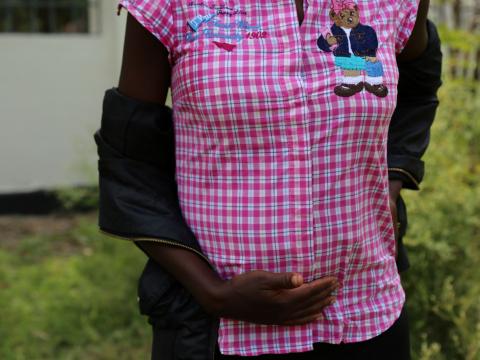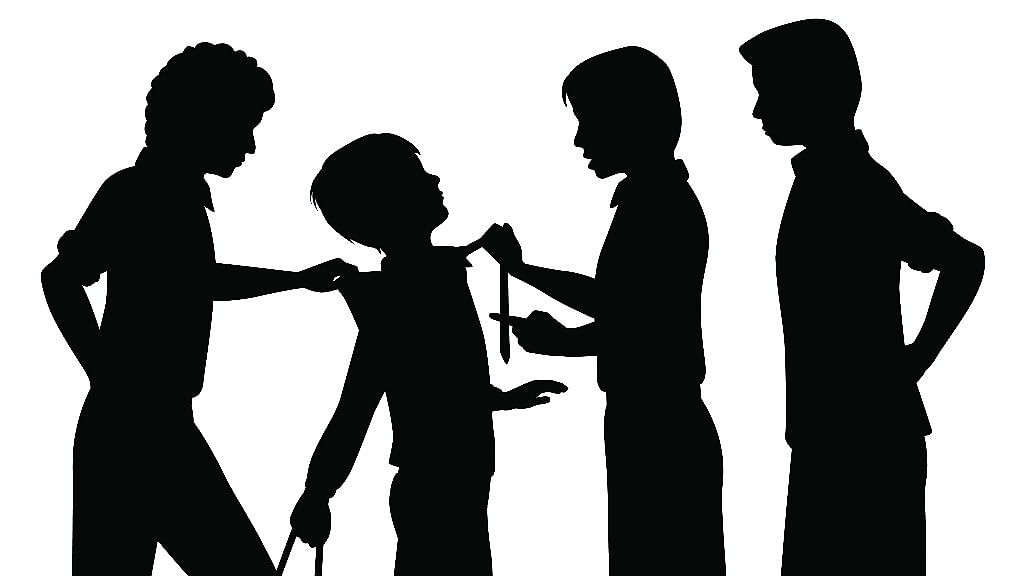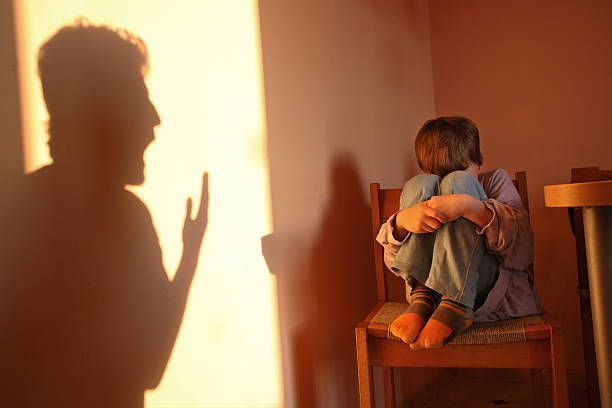Overnight Parenthood

Modern mothers and fathers are supposed to be better at it simply because you know, all of the advancements and steps that society has made between then and now should have accounted for something. They have access to more information and help than ever before. You see the average adult either has parent-related trauma or knows someone who does, and while this has been discovered as a bonding ground for humorists, it goes far deeper than anyone will want to admit. The Bible encourages us to always strive for the best for our children, to arrive at each stage of their growth with readiness, with hopes that they grow to be emotionally strong and well-rounded. Yet, as evident, such a promise carries with it many underlying hopes and assumptions.
One is the presumption that events unfold at our convenience, but reality reminds us that this is rarely the case. Take teenage pregnancies as an example. Their rising prevalence in our nation tells a story, and I can assure you, many of these young never intended to find themselves in such a situation. Mistakes happen, and circumstances arise. And while you may be confident that this isn’t your reality now, who’s to say what a month from now holds? Empathy allows us to feel the shock and disbelief that countless teens and adults experience upon discovering they’re pregnant. By equipping ourselves with understanding and compassion about parenthood, even if we’re not currently on that path, we are better prepared for any unexpected twists that the future might present.
Another prevailing thought is the belief that previous generations of parents intentionally brought up their children in ways that led to trauma. The reality is, many of these trauma triggers are unintentional. This isn’t to diminish the real pain experienced, but it prompts reflection: How do we aim to be better for the next generation? What active steps are we taking to break the cycle? Merely wanting to “do better” isn’t specific enough. Engaging in meaningful dialogues about past traumas and understanding their roots can be illuminating. By discussing and exploring these topics, we, along with those we converse with, are equipped with insights on how to address or even prevent such traumas.
Third there’s a misconception that as we age, wisdom about parenting simply arrives or is imparted through some external means. However, it’s crucial to know that prenatal counseling often focuses more on the physical rather than the emotional aspects of child-care. This knowledge is something one should be equipped with well before embarking on the journey of parenthood. And it’s not just for one’s own benefit. This is about holistic parenting, where you offer support and guidance to siblings and friends stepping into the realm of parenthood. It’s the ripple effect of shared wisdom – when one person knows and understands, it benefits the community at large. And in this collective reservoir of knowledge, both present and future generations stand to gain immensely.
Participate actively in parent talks, talk about it, and, if you haven’t already, strive to become a better parent; for your kids, your friend’s kids and even to your siblings.







